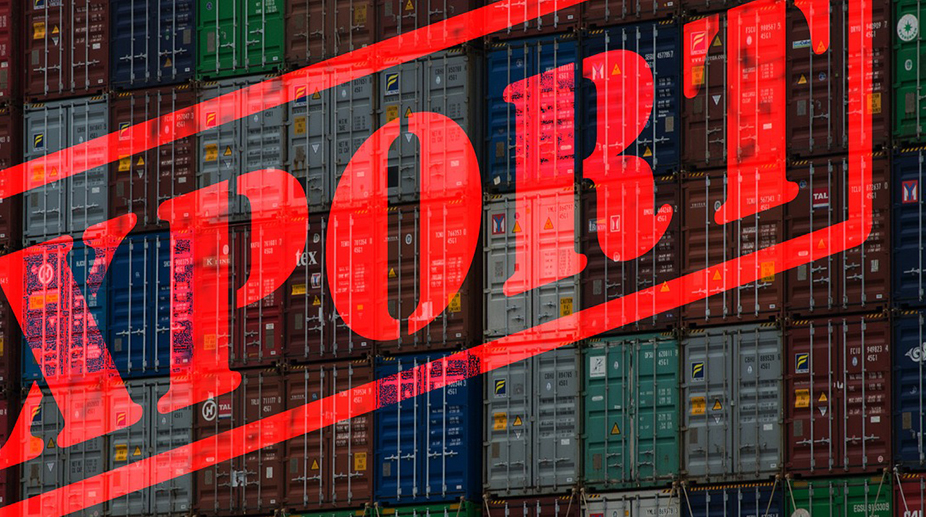
1.Sound Business Model:
You should have a feasible business model. Like the strong pillars give support to the entire super-structure of the house, in the same manner a good business model can provide you the strong base to your business. Your business model should be capable of generating the revenue all the times. Assistance of Business Consultant or Chartered Accountant is necessary for making sound business model.
2.Mandatory Registration with DGFT :
DGFT is the authority for providing license for import & export of goods in India. No import or export is permitted unless the license is obtained for this purpose. DGFT grants IEC Code and after obtaining IEC code RCMC (Registration Certificate cum Membership Certificate) to be obtained to start the business of Import and Export.
3.Knowledge of Laws & Regulations:
Since Imports & Exports are governed as per Foreign Trade Policy, Customs Act, IGST Act etc., having knowledge of these Acts is useful because you as an importer/exporter undertakes the process of import or export on behalf of some clients, you need to have the technical knowledge of variety of terms like FOB, CIF etc. and Customs House Agent help is required. Since Imports & Exports of goods involve transport of goods via multiple modes there is always the chance of theft/pilferage/damage/loss of goods due to which the knowledge of insuring the goods while transit is considered safe.
4.Networking :
The more the contacts you have in your business, the more are the chances to get the customers. Having contacts with the people of Chamber of Commerce (this is the place where the certificate of origin of the goods is obtained by an exporter) and people dealing with logistics is very much required as the Import-Export business requires the involvement of various transporters/courier agents to carry the goods from port/air-port and vice-versa. Having circle of Customs Brokers/Customs House Agents will help you in making the imports and exports very smoothly and at the same time complying the laws and regulations as specified under Customs and under the other acts too.
5.Income Tax Related Exemptions:
Having the knowledge of tax benefits provided to any business is must because there is a saying in English called as “A penny saved is a penny earned”, in other ways, saving of Tax is nothing but reducing your expense, which ultimately leads to the increase in your profit. Government of India for encouraging the startups/new businesses, it provided exemption from Tax if such startup is considered as “Recognized Startup”.
A Startup for getting recognized with DPIIT should comply with the following conditions: